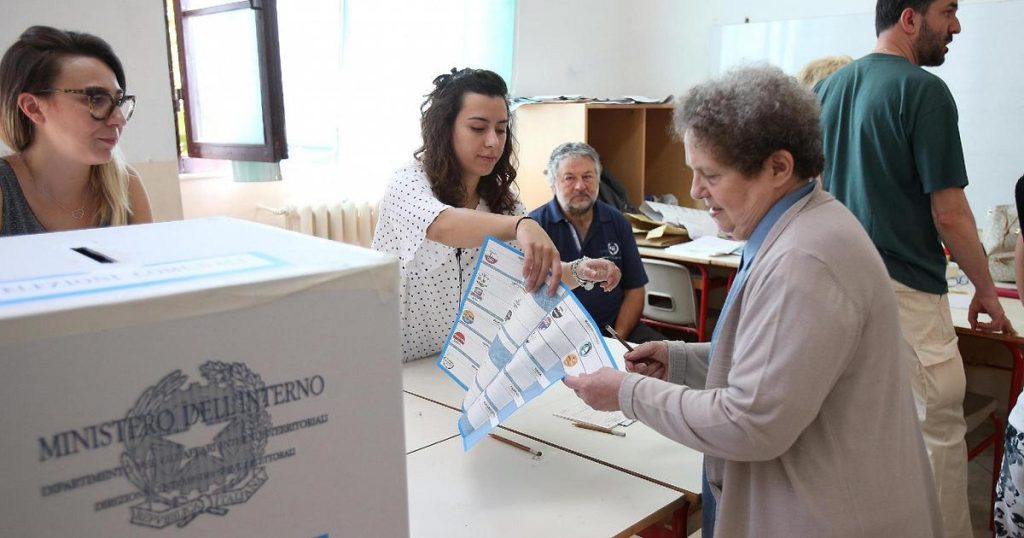This weekend, on Saturday, June 8th and Sunday, June 9th, not only will there be elections for the European Parliament, but also in 3715 Italian municipalities there will be Administrative elections. These elections will include the election of mayors in 6 regional capitals and 23 provincial capitals, as well as the presidency of the Piedmont Region and the renewal of the Regional Council.
The voting hours will be the same as for the European elections: from 3 pm to 11 pm on Saturday, June 8th and from 7 am to 11 pm on Sunday, June 9th. In Piedmont, there are five candidates running for the position of Regional President, including the incumbent Alberto Cirio. There are a total of thirteen lists and five connected lists, with over 500 candidates in total, but only one out of ten will be able to take a seat in the Regional Council.
Most of the elections will be direct, as the majority of the municipalities have fewer than 15,000 inhabitants and do not require a second round of voting. However, in the 228 administrations with more than 15,000 inhabitants, any potential runoff elections will take place on June 23rd and 24th. A runoff is scheduled if no candidate reaches 50% plus one of the valid votes.
In the challenges for the regional capitals, in Bari there are five candidates running against the incumbent mayor, in Cagliari there are five candidates vying for the position against the incumbent mayor, in Campobasso there are three candidates competing for the role against the incumbent mayor, in Florence there are ten candidates facing off against the incumbent mayor, in Perugia five candidates are running against the incumbent mayor, and in Potenza five candidates are challenging the incumbent mayor.
Overall, these Administrative elections in Italy will involve a range of candidates and parties competing for mayoral and regional leadership positions, with a number of municipalities potentially moving to runoff elections if no candidate receives an outright majority in the first round. The results of these elections will have an impact on local governance and representation, with voters having the opportunity to shape the future direction of their communities.


